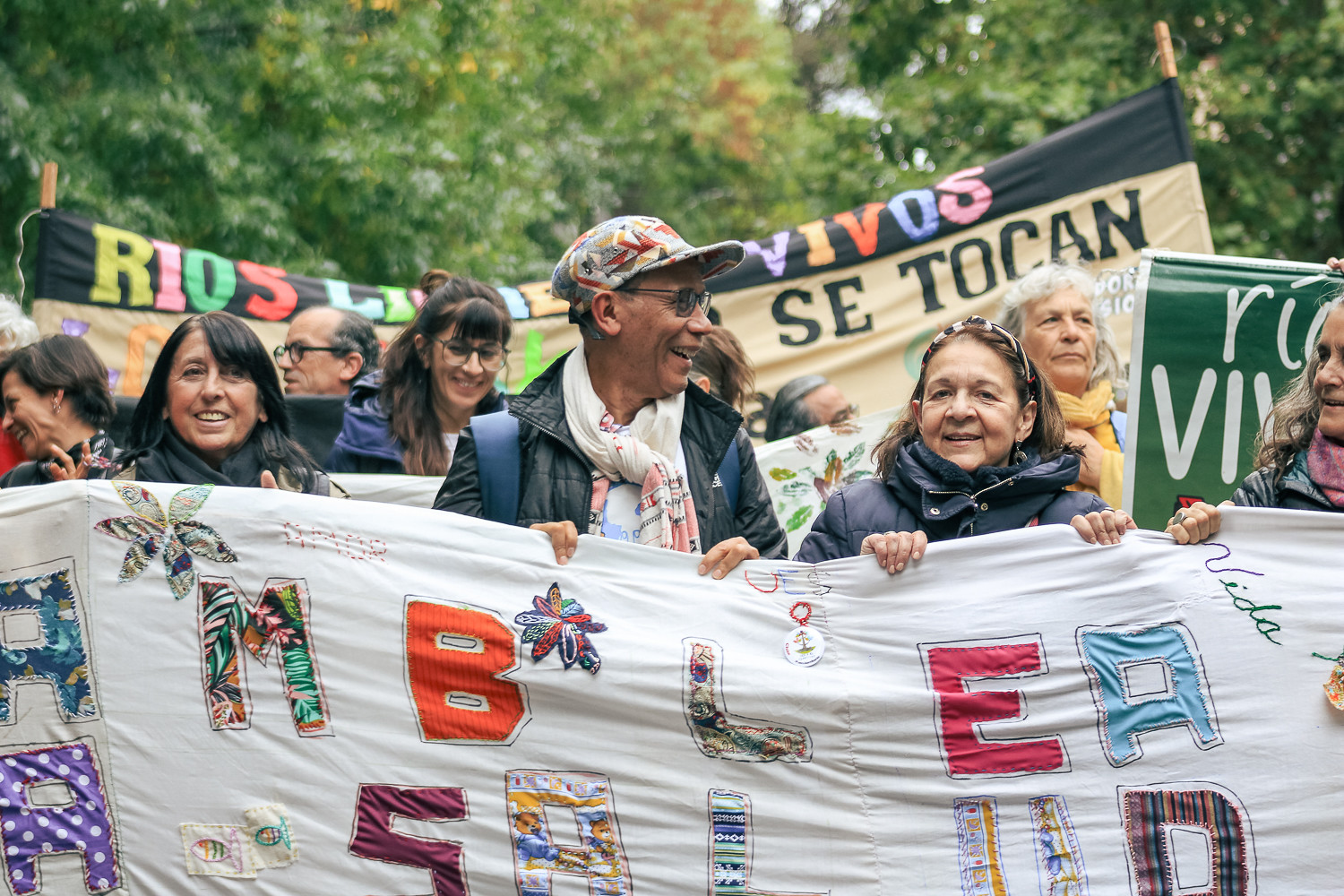Bulletin #75: Hunger and disease rampant in Palestine and Sudan as wars continue
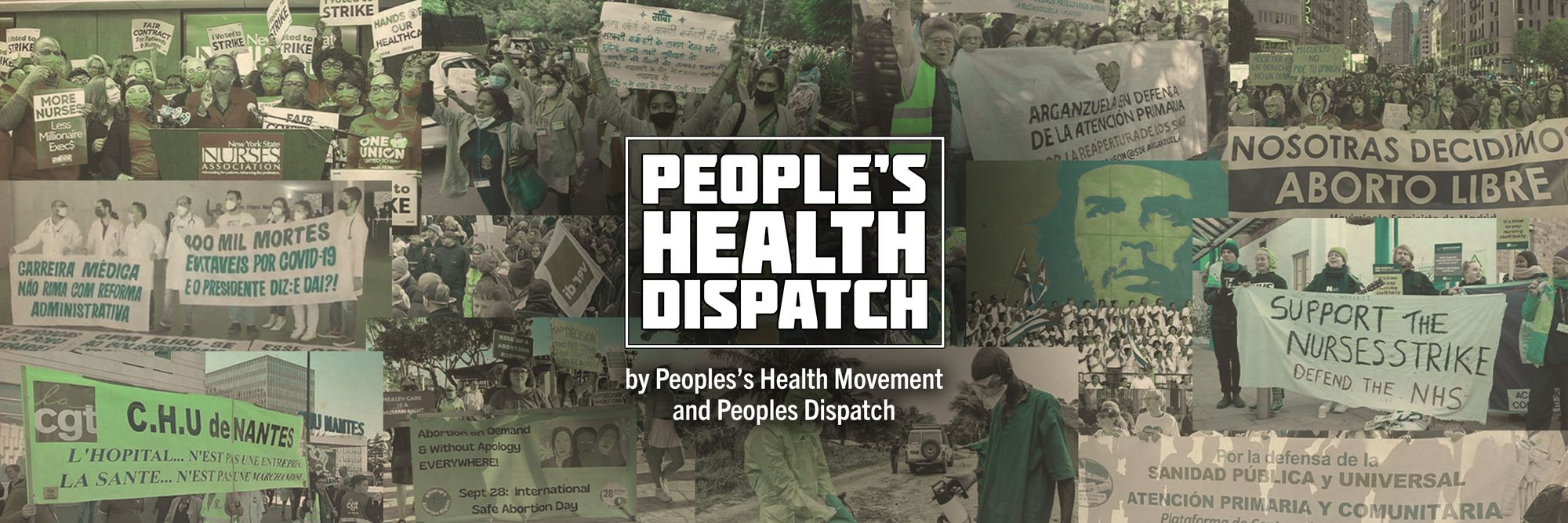
This fortnight
Health workers have been killed under torture, and hundreds of bodies have been discovered buried by civil defense workers on hospital grounds. With mental health services decimated and no water or food available for thousands of displaced people, the health system in the Gaza Strip continues to function despite these conditions persisting for over half a year. As the Israeli Occupation Forces prepare for a ground operation in Rafah, concerns are growing about the possibility of maintaining what remains of the health system and rebuilding it after a ceasefire.
The people of Sudan have marked a grim anniversary as the civil war has now extended beyond a year. During this period, Sudan has become one of the world’s largest displacement crises. The country also faces hunger, a water shortage, and the spread of communicable diseases, such as dengue.
Infectious diseases previously thought to be under control in the Global North, such as measles, are reemerging after decades of underfunding in public health campaigns and vaccination drives. In the United States, a measles outbreak in Chicago has led to racist interpretations of disease transmission, yet the underlying issue remains the health system's inability to provide adequate care and living conditions for everyone.
In the US, harmful policy changes continue in the field of reproductive and sexual health rights. On May 1, Florida began enforcing a ban on abortions after six weeks - before most women even realize they are pregnant.
Meanwhile, changes in some Latin American countries bring more hope. In Colombia, the government of Gustavo Petro has taken a significant step by implementing a compulsory license for the HIV drug dolutegravir, making this treatment accessible to thousands who previously could not afford it due to high costs.
In Brazil, as debates about digital health intensify, activists are advocating for a stronger role for the Unified Health System, which would enable the country to provide higher-quality healthcare without depending on Big Tech.
Activists are also advocating for shifts in ongoing global health discussions. A new round of negotiations on the Pandemic Treaty began at the end of April. Although members of the World Health Organization are finally discussing the text of a potential agreement, analysts warn that this draft has been stripped of many provisions that could address the disparities between the Global South and Global North.
Similarly, Universal Health Coverage, a central goal of the Sustainable Development Goals campaign, has largely failed. Efforts toward UHC have not improved, and in some cases, have worsened health access, suggesting that global health frameworks need a fundamentally new approach, free of private sector interference.
In focus: Health in Palestine
Israeli forces tortured a surgeon to death, the latest in Israel’s targeting of Gaza’s health workers
The killing of another surgeon in Israeli custody highlights the ongoing targeting of health workers amid the war on Gaza
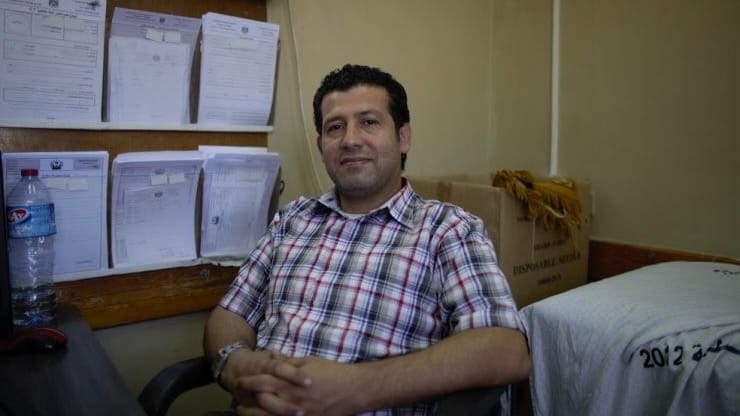
Gaza’s health workers and patients face unprecedented mental health crisis
MSF reports a severe mental health crisis among health workers and patients in Gaza, caused by relentless Israeli attacks and destruction of healthcare

Mass graves discovered at Nasser Hospital as Israel prepares for Rafah ground invasion
Over 300 bodies discovered in mass graves at Nasser Medical Complex, Khan Younis, as Israeli authorities prepare for Rafah ground invasion
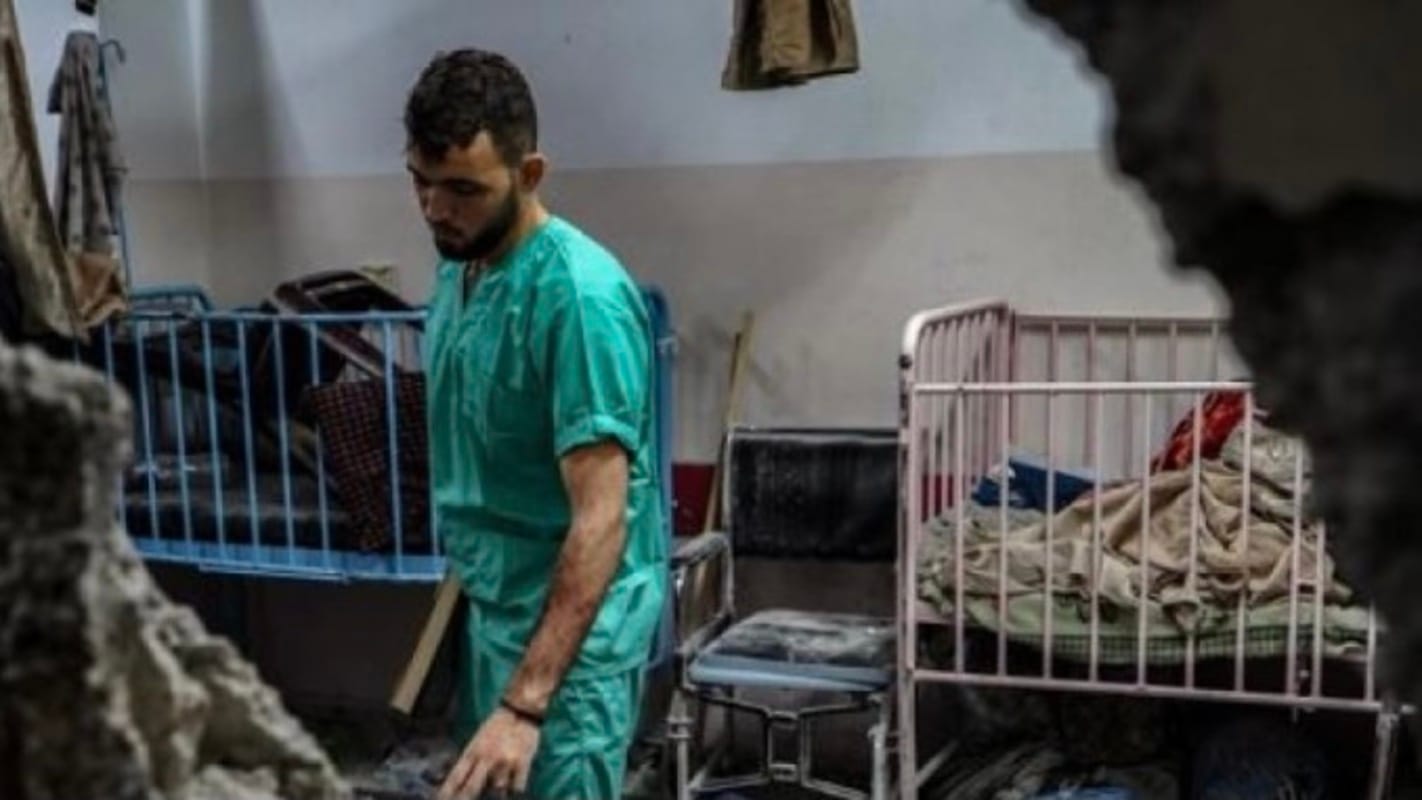
Data speaks
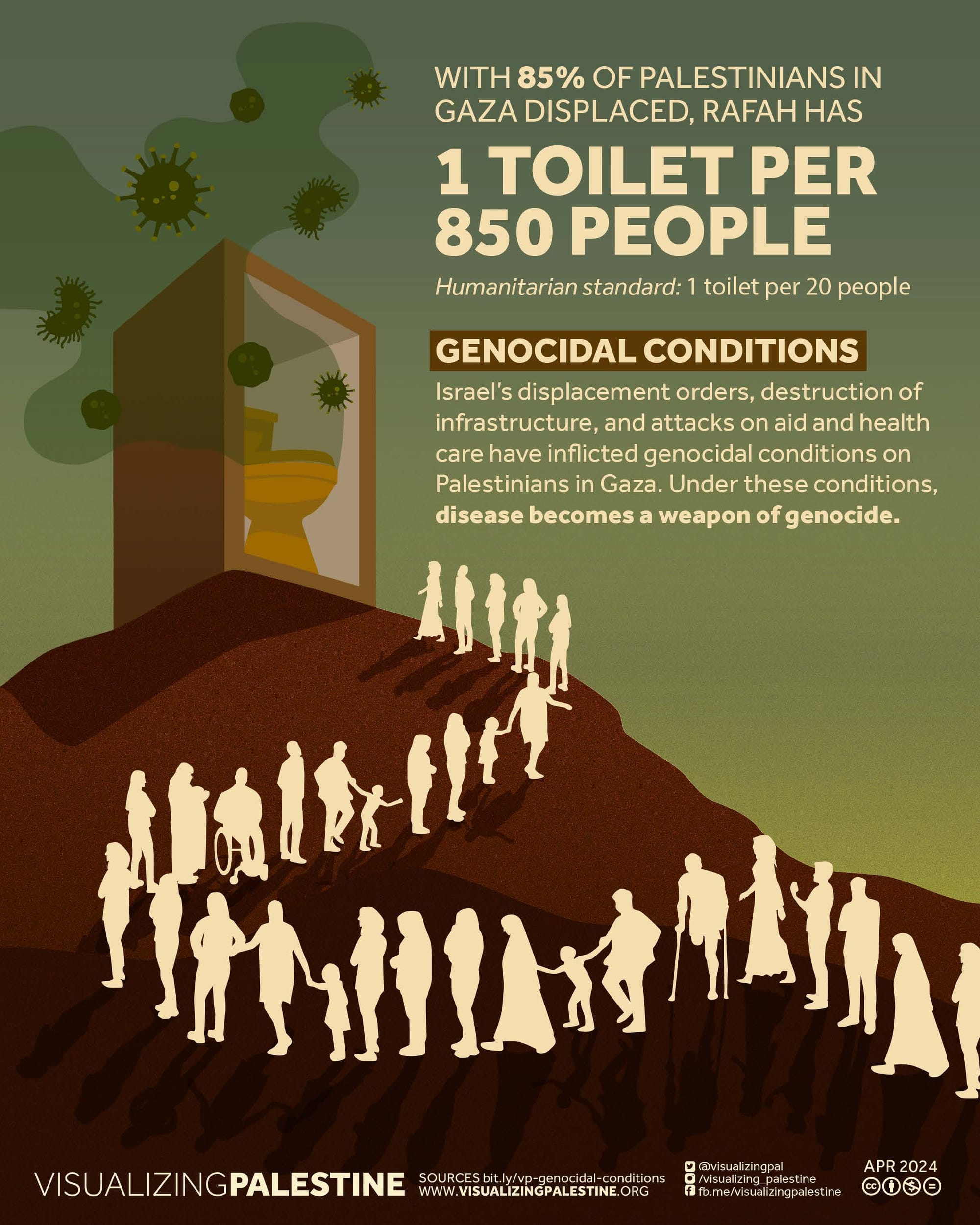
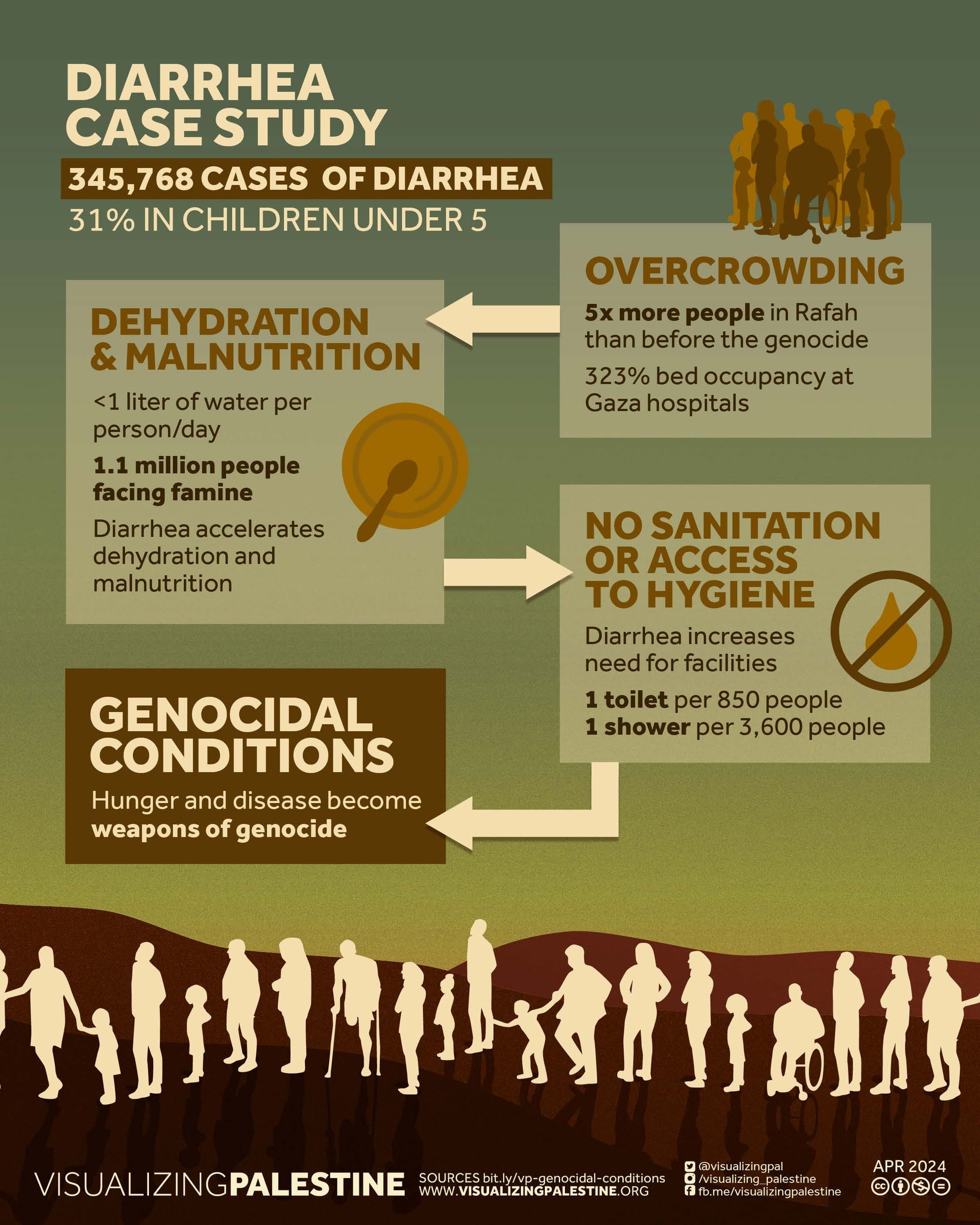
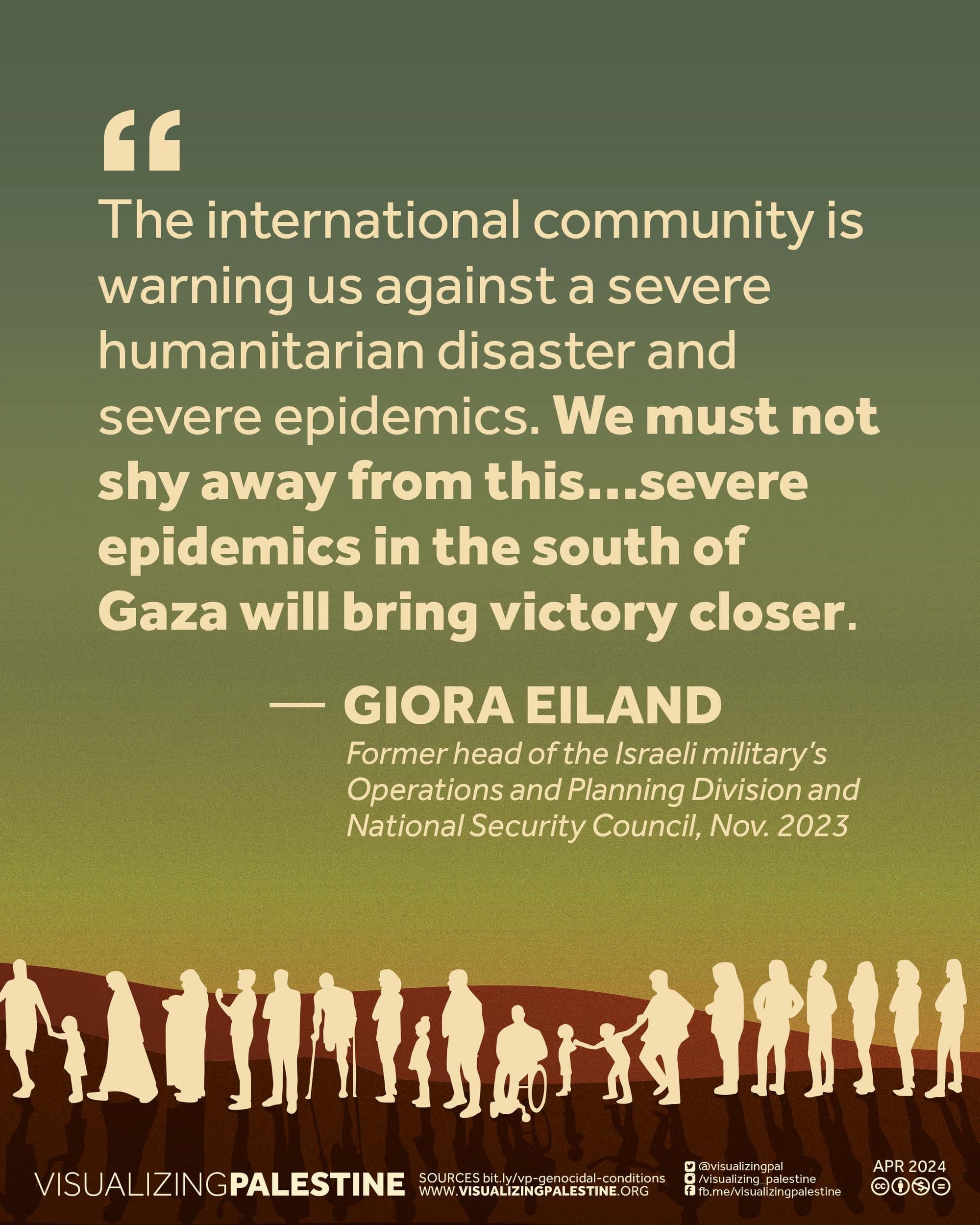
Source: Visualizing Palestine, https://visualizingpalestine.org/visual/genocidal-conditions/
Featured articles
One year of war in Sudan accompanied by dengue concerns
Public health concerns in war-torn Sudan continue to escalate with the destruction of health infrastructure, widespread displacement and hunger haunting the population

Countdown to consensus: will the Pandemic Treaty deliver global health equity?
Negotiations surrounding the Pandemic Treaty continue as the deadline for endorsing the new mechanism approaches. However, the version under discussion fails to address critical issues pertaining to health equity

Universal Health Coverage: A failure of implementation or strategy?
Halfway to the 2030 deadline for Universal Health Coverage, the world is severely off track. Nearly half of the global population lacks access to essential health services, with one in four facing devastating healthcare costs

Measles in Chicago sparks misdirected blame against migrants
Amidst the measles outbreak, Chicago sees 31 cases within a migrant shelter, sparking unjust blame towards immigrants. This scenario echoes historical patterns where diseases like cholera and AIDS were wrongly attributed to immigrants
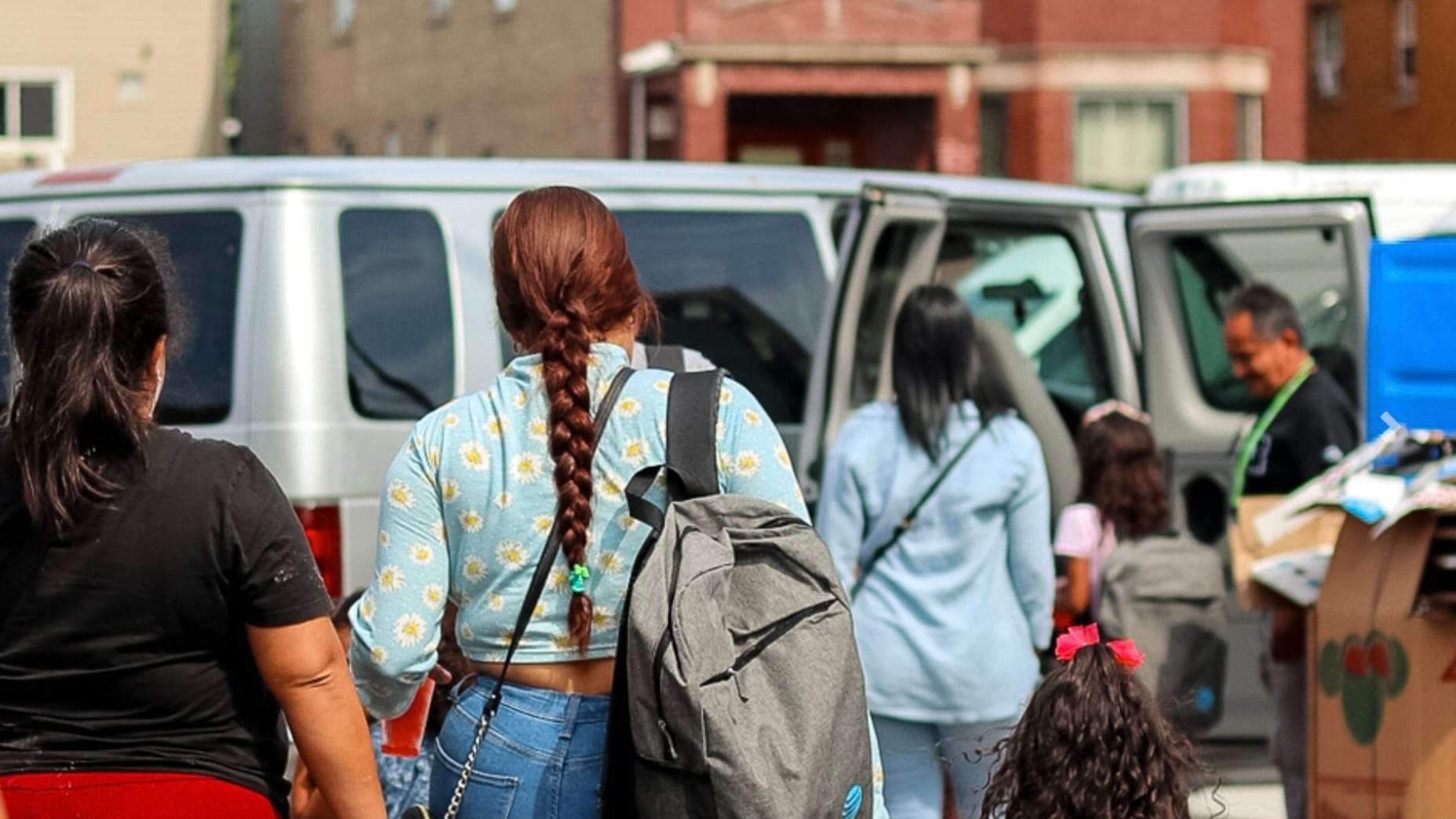
Florida to ban abortion after six weeks
Florida’s move to ban abortions before most women know they are pregnant, marks the latest in attacks against reproductive rights in the US
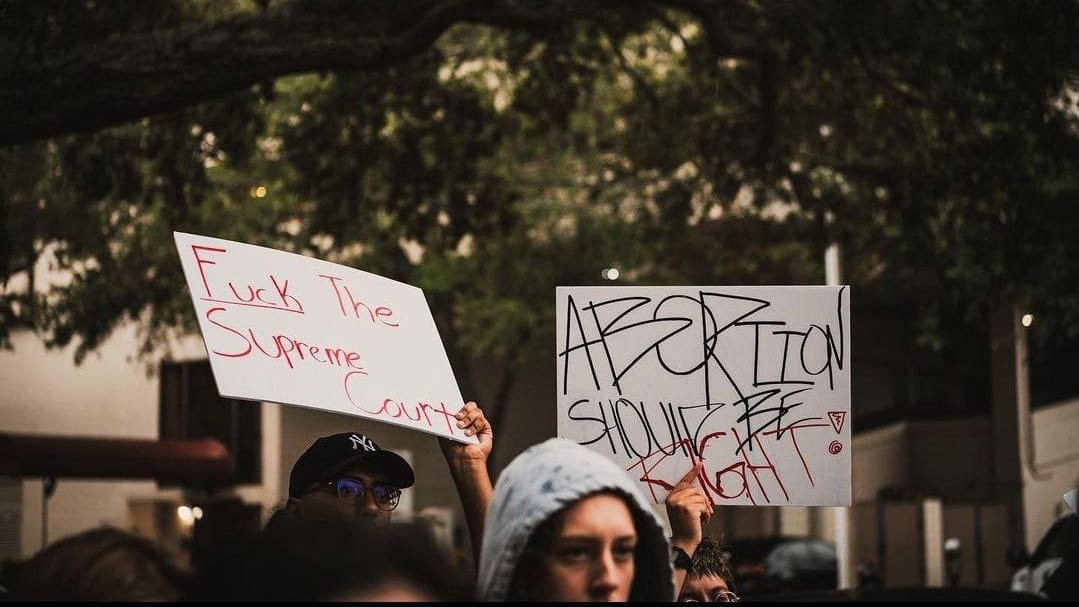
Colombia to make HIV treatment more accessible through compulsory licensing
The Colombian government recently issued a compulsory license for HIV drug dolutegravir, making the treatment more accessible for thousands of people
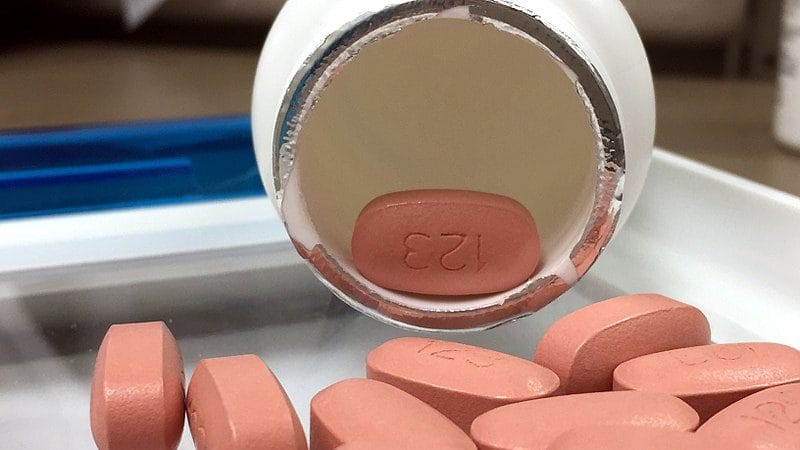
Digital Health in Brazil: imperial threat or promise of sovereignty?
Experts agree that the benefits of telehealth programs are clear, but they warn that without massive investment in public technologies, there is a major risk of handing over health data to foreign corporations
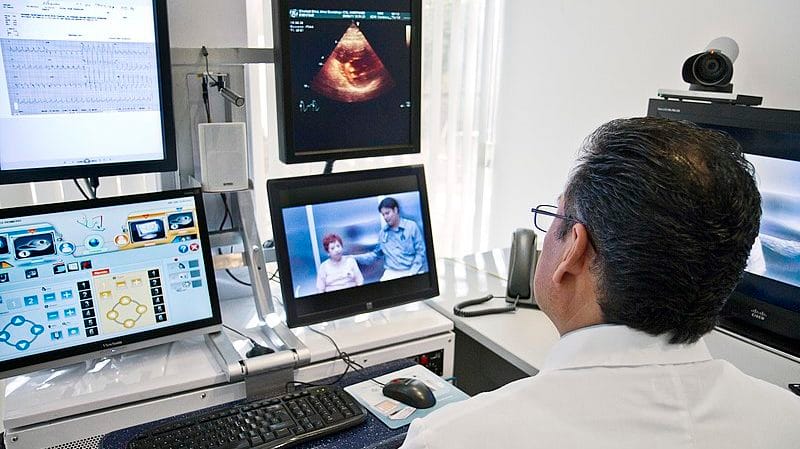
In case you missed it


